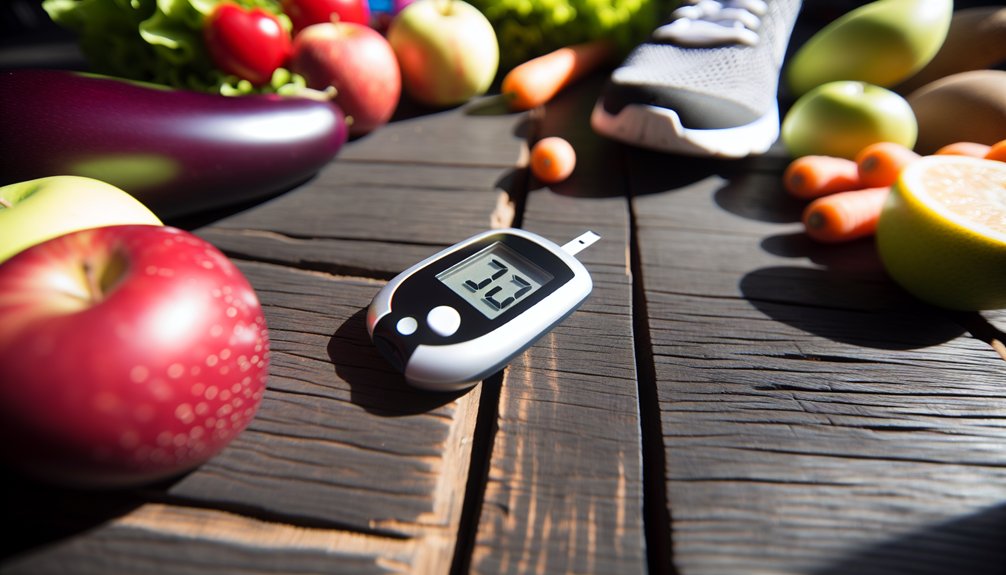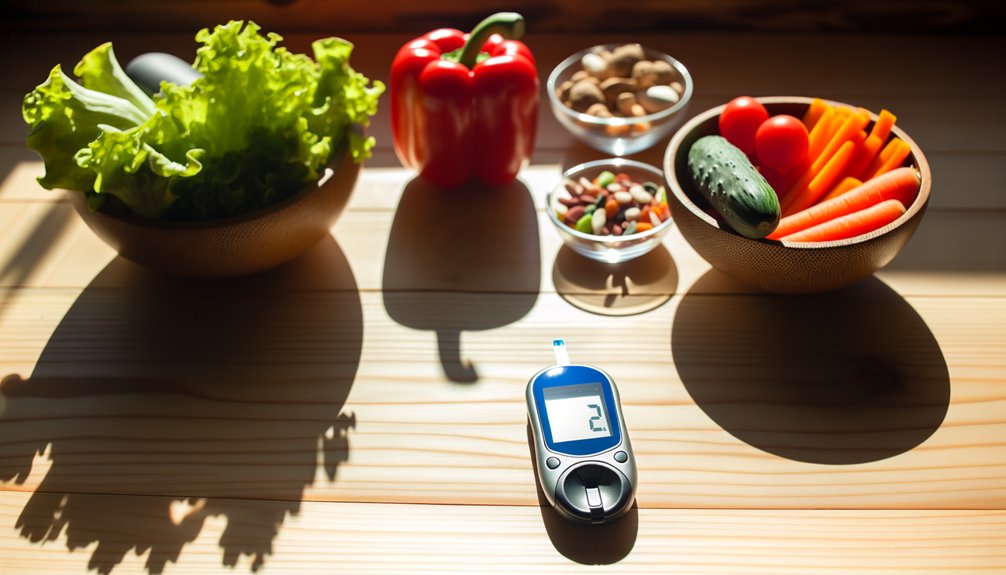Diabetes awareness and prevention efforts are vital in fighting a health crisis that affects millions. Many live unaware of their risk, often due to misinformation or lack of resources. Programs like the CDC’s *Do I Have Prediabetes?* empower individuals to take charge of their health. By understanding risk factors and making lifestyle changes, lives can be transformed. Imagine a world where diabetes struggles fade. It’s possible, and there’s more to discover about how we can collectively make a difference.

Diabetes, often viewed as just a health issue, is a silent companion for many, lurking in the shadows of everyday life. With over 589 million adults globally battling this condition, it is sobering to learn that nearly 252 million are completely unaware of it. Imagine walking through life, unaware that a storm is brewing just out of sight. This is the reality for many, emphasizing an urgent need for global awareness and early diagnosis.
Diabetes silently affects millions, with 252 million unaware of their condition, highlighting the urgent need for awareness and early diagnosis.
The International Diabetes Federation highlights that addressing this issue requires collaboration across multiple sectors, including government, education, and healthcare. Projections show that diabetes cases could reach 853 million adults by 2050 if current trends continue.
In the United States, approximately 38.4 million adults have diabetes, and shockingly, 8.7 million don’t even know it. A staggering one-third of adults are at risk with prediabetes, and rising numbers of children and adolescents, especially from minority groups, face similar challenges. This disparity underscores the importance of tailored healthcare investments to reach those most in need. Moreover, food insecurity is identified as a critical factor affecting health outcomes in diabetes patients, highlighting the need for comprehensive support systems.
Awareness campaigns, like the CDC’s *Do I Have Prediabetes?*, play a crucial role in encouraging lifestyle changes that could prevent the onset of diabetes. Diabetes is responsible for over 3.4 million deaths annually, which further highlights the urgency of these efforts.
Each year, Diabetes Alert Day serves as a wake-up call, urging individuals to assess their personal risk. These initiatives not only promote awareness but also help people recognize the power they have in managing their health.
The CDC’s National Diabetes Prevention Program offers resources to high-risk adults, focusing on sustainable weight loss and increased physical activity. With Medicare now covering these programs, access to preventive care is improving.
The journey toward better diabetes awareness and prevention is not just about statistics. It’s about real lives, personal stories, and the hope that comes from knowing one can take charge of their health.
